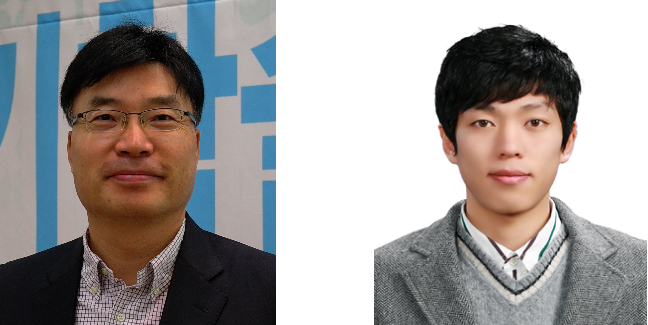Media Center
A multimedia mosaic of moments at GIST
GIST Excellence
Cancer treatment by protein (ubiquitin) supply reduction (research team led by Prof. Yoo, Young Joon)
- 김슬혜
- REG_DATE : 2013.09.26
- HIT : 1084
Cancer treatment by protein (ubiquitin) supply reduction (research team led by Prof. Yoo, Young Joon) - Reduce ubiquitin supply in order to selectively inhibit the growth of cancer cells and lead them to extinction - Research paper by Prof. Yoo’s team was published by Scientific Reports A group of researchers suggested a new way of cancer treatment, by curbing protein (ubiquitin) supply in order to inhibit cancer cells and lead them to extinction. (background of research) Ubiquitin is a small protein composed of 76 amino acids. Linked with a countless number of proteins inside a cell, ubiquitin is involved in almost all functions of the cell. An adequate amount of ubiquitin should be supplied to a cell in time if the cell is to function properly. The research team led by Prof. Yoo found that cancer cells have a large amount of ubiquitin through test results and so established a hypothesis “Cancer cells are highly dependent on ubiquitin. Therefore, reduced supply of ubiquitin may help to selectively inhibit the growth of cancer cells.” Based on the hypothesis, they performed tests on cancer cells and animals in order to verify the hypothesis. They silenced certain ubiquitin genes and cut back on ubiquitin supply to the cells. (Result of research) The researchers silenced certain ubiquitin genes in the tests on cultured cells and animals and confirmed the fact that reduced supply of ubiquitin helps to curb the growth of various cancer cells and induce them to extinction. They also conducted comparative analyses between normal breast cells (MCF10A) and breast cancer cells (MCF7) and proved such effects are found only in cancer cells. They also looked for potential mechanisms whereby reduced ubiquitin supply can be associated with the prevention of cancer, such as inactivation of NF-κB which stimulates cell proliferation and discourages their extinction, increase of p53 which is an anti-cancer protein, and increased toxicity caused by protein. (Significance of research)